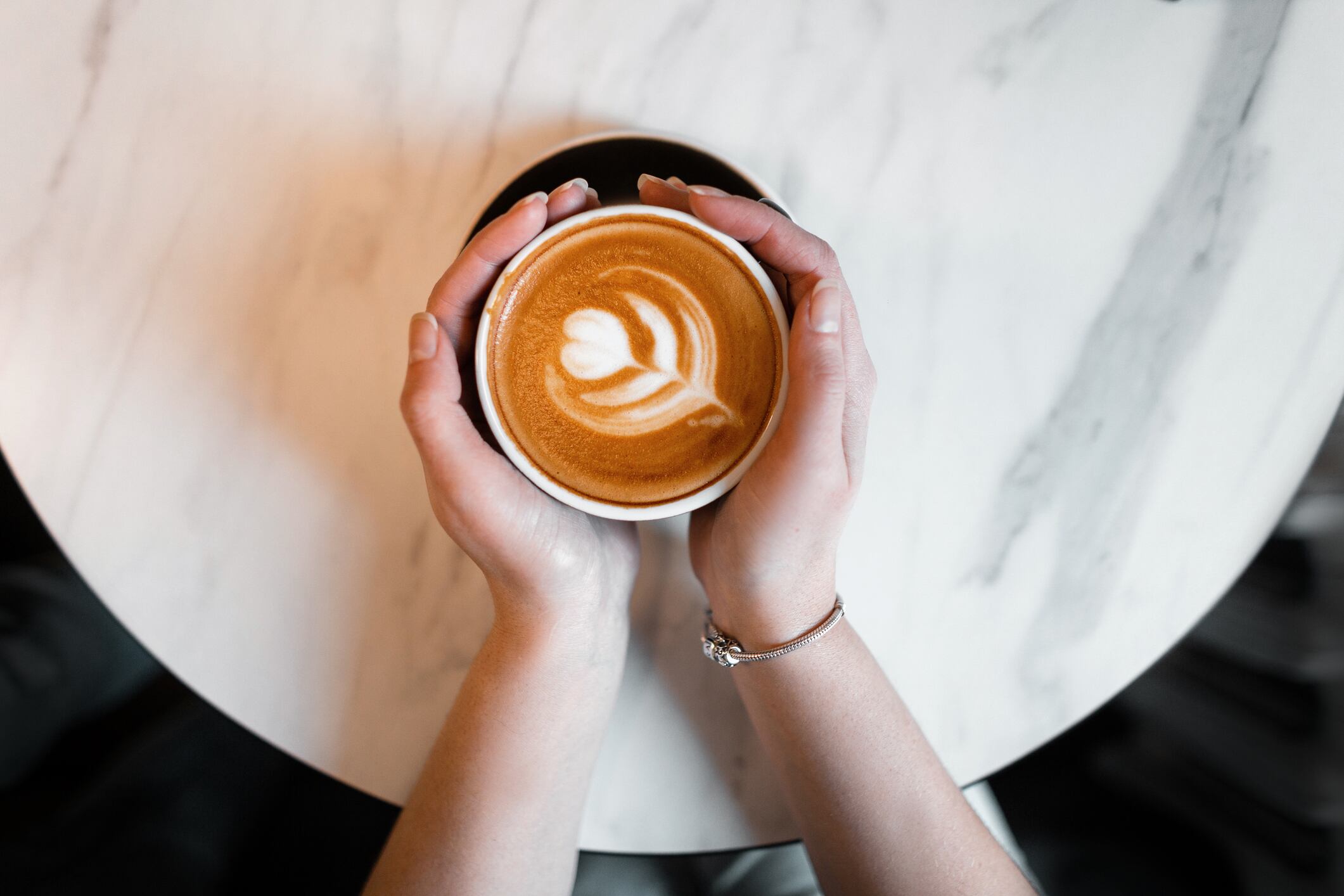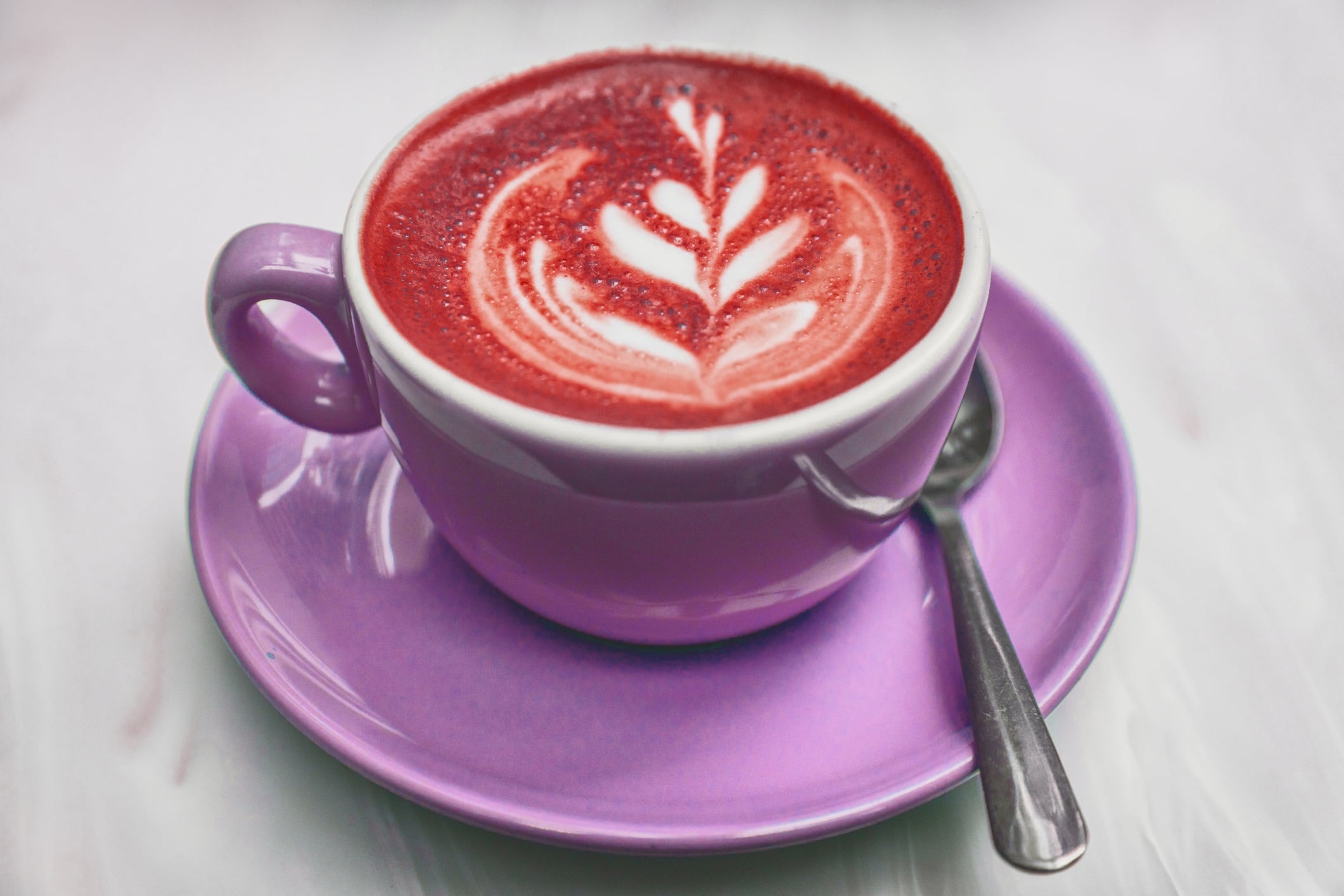Coffee and mood: What does the latest research reveal?
- Global coffee market valued at $485.59bn, showing rapid growth
- Study finds caffeine boosts mood and energy, especially in mornings
- Functional coffee trends reflect consumer demand for added health benefits
- Caffeine linked to fewer negative emotions like sadness and irritability
- Effects consistent across individuals, regardless of mental health status
It might still be trailing tea in the battle for beverage supremacy, but coffee is gaining ground, fast!
“Customers worldwide have shown a growing preference for coffee consumption in recent years,” says a spokesperson for statistical and market data company Statista, which values the global market at $485.59bn (€413.39bn).
This growth can be attributed to a number of factors, including the increasing popularity of coffee shops, and the rise of specialty coffees.
Plus, coffee has been linked to a number of health benefits, such as a reduced risk of certain cancers and cardiovascular disease.
Growth in the functional coffee sector is also boosting sales, as consumers seek beverages that offer more than simply great taste and satisfaction.
Now, scientists from the University of Warwick and Bielefeld University, believe people who drink caffeine regularly feel a noticeable lift in their mood.
What’s more, this effect is said to be stronger in the morning.

Coffee linked to happiness
The joint study, published in Scientific Reports, revealed that participants reported feeling happier and more energetic on the mornings they’d consumed coffee, compared with the mornings they hadn’t.
The researchers also identified a connection between caffeine intake and reduced negative feelings, such as sadness or irritability. However, these effects were weaker and, unlike the boost in positive emotions, did not vary depending on the time of day.
To carry out the study, the team observed 236 young adults in Germany, over a period of up to four weeks. Participants filled out short surveys on their smartphones seven times a day, recording their mood and whether they had consumed a caffeinated drink within the previous 90 minutes. This allowed the research team to capture the influence of caffeine in daily life, rather than through controlled laboratory experiments.
The team also investigated whether coffee has different effects on different individuals.
“We were somewhat surprised to find no differences between individuals with varying levels of caffeine consumption, or differing degrees of depressive symptoms, anxiety, or sleep problems,” says Justin Hachenberger from Bielefeld University. “The links between caffeine intake and positive or negative emotions were fairly consistent across all groups.”
The researchers attribute the mood-boosting effects of caffeine to its ability to block adenosine receptors. This promotes wakefulness and makes people feel more energetic.
“Caffeine works by blocking adenosine receptors, which can increase dopamine activity in key brain regions - an effect that studies have linked to improved mood and greater alertness,” says Professor Anu Realo from the University of Warwick.
Though it remains unclear whether these effects are related to a reduction in withdrawal symptoms after a night’s sleep.
“Even people with moderate caffeine consumption can experience mild withdrawal symptoms that disappear with the first cup of coffee,” says Professor Realo.

What does this mean for the beverage industry?
As consumer interest in coffee continues to rise - driven by its health benefits and emotional appeal - manufacturers have a clear opportunity to innovate.
From mood-enhancing blends to morning-optimised formulations, brands can tap into the growing demand for products that offer more than just flavour.
With scientific research now reinforcing coffee’s role in boosting energy and positivity, especially in the early hours, manufacturers can position their offerings at the intersection of wellness, convenience, and experience.
Consumer attitudes towards coffee is evolving, and the industry has an exciting opportunity to evolve with them.





